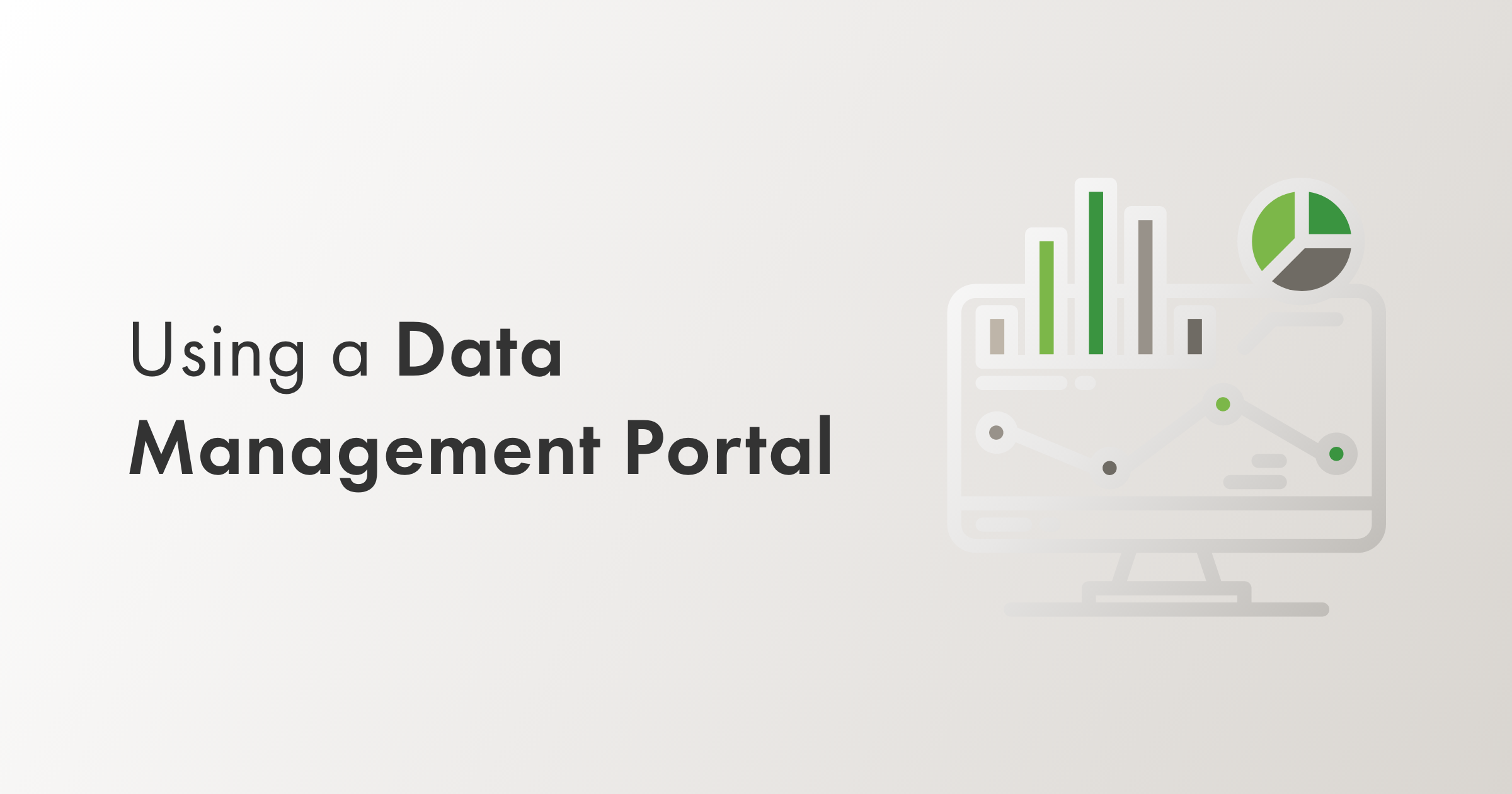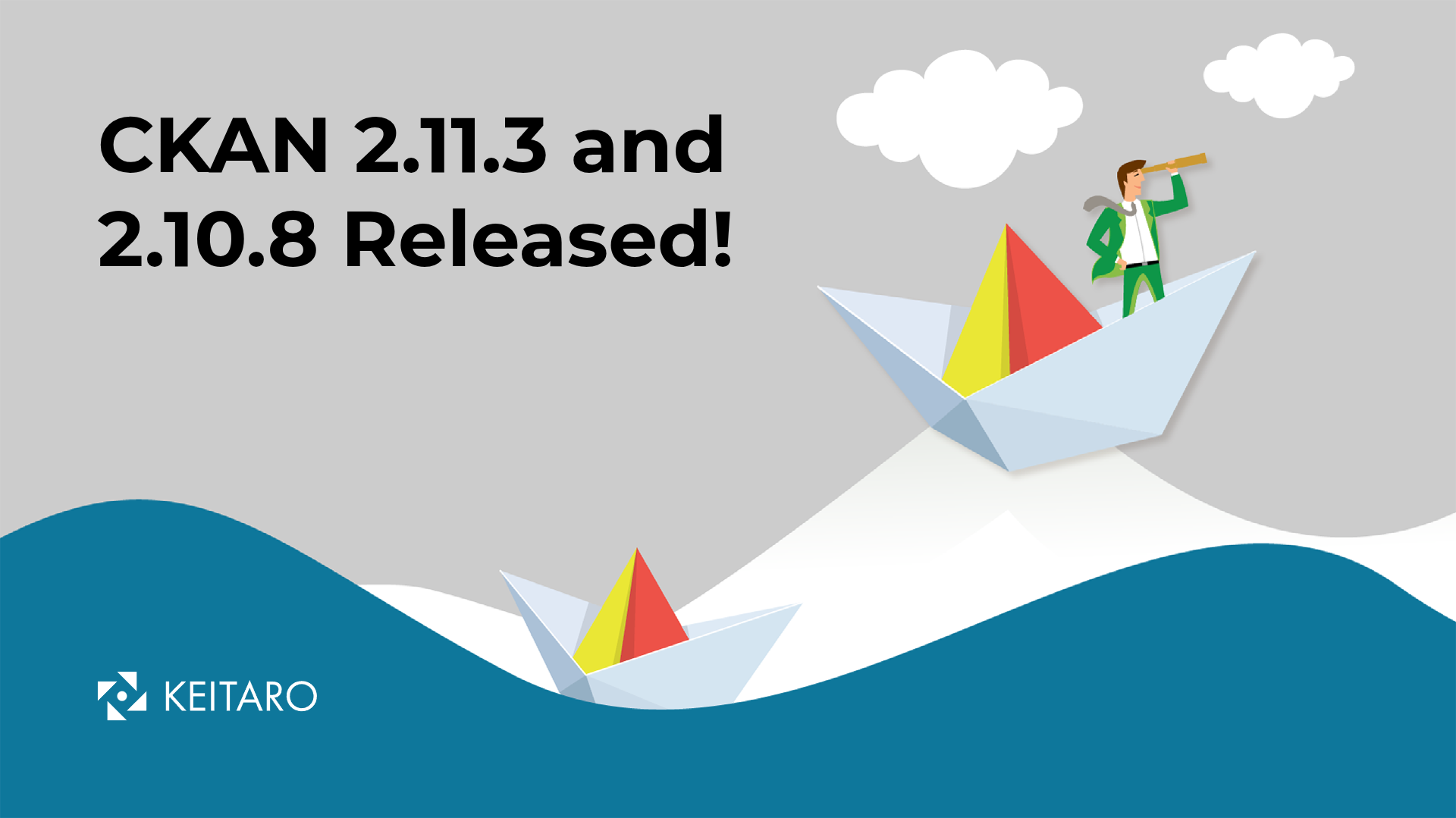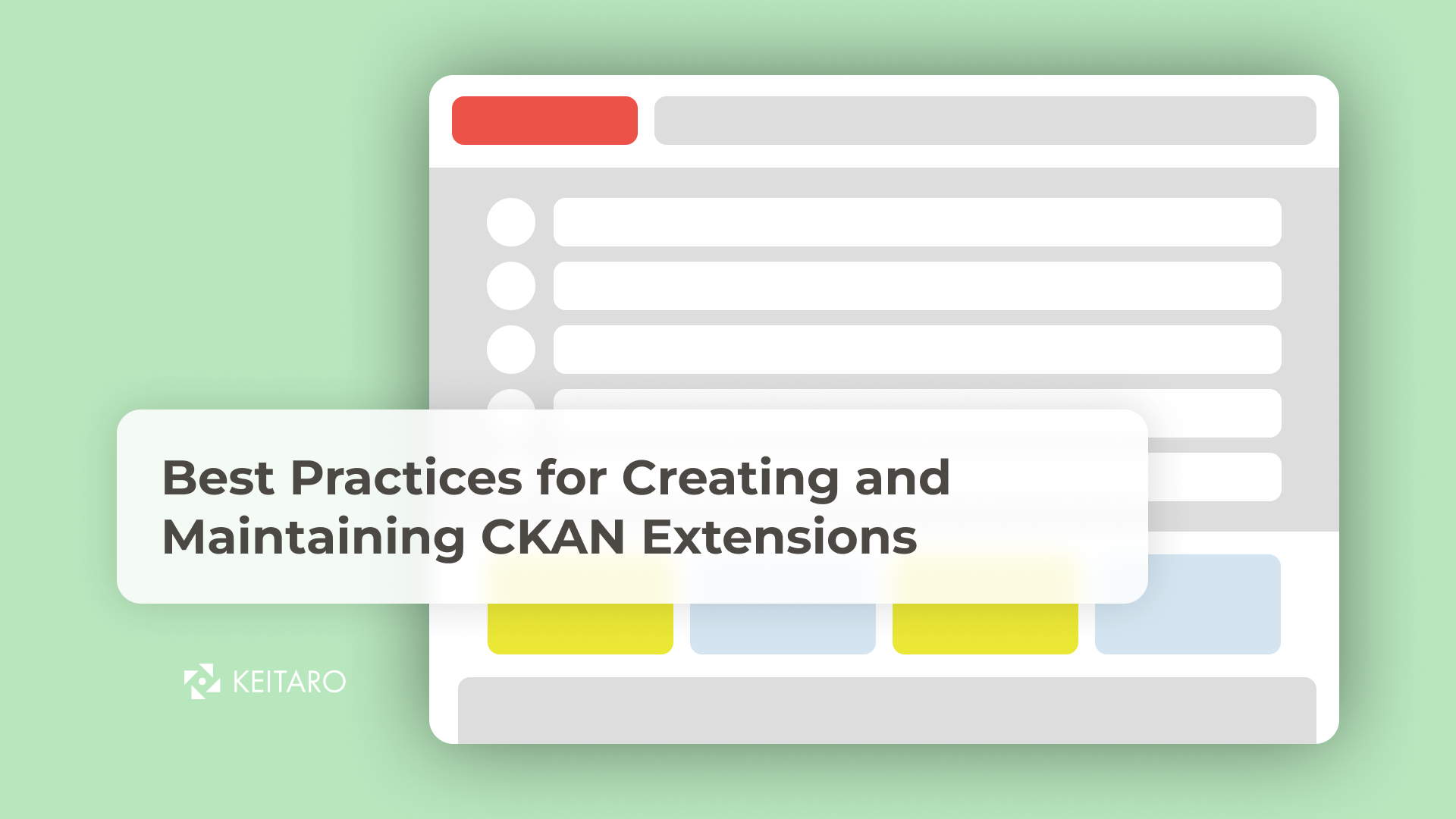In this digitally advanced era, organizations are collecting and managing an unprecedented amount of data. Their dependence on data is undoubted, but it has also triggered the importance of data management. The concept of open data and data management portals are already trending and organizations are seen to be keenly interested in them. Data management portals help organizations to gather, store, access, analyse, and share data easily. They help organizations to smartly organize internal data and put all the public-centric data in open data portal form. To further elaborate the advantages associated with a data management portal, this blog presents the 5 key advantages.
1. Effective Data Integration
Organizations usually have data stored in different data sets at different locations, which makes data integration a challenge. With a data management portal, you are centralizing the data and making all the data accessible from one place. This brings effective data integration of all your internal and public data, enabling better decision-making, transparency, and other similar benefits.
2. Long-Term Management Benefits
In just the past two decades, the world has been revolutionized with the tremendous growth and availability of digital data. Today, organizations process a significant amount of data, while the disciplines such as data analytics and visualization have increased the importance of that data. There is no doubt organizations will have to process more and more data in the future. That’s why a data management portal is one major step towards setting up a long-term data management system. A well-planned data portal is easy to expand as needed with minimal expenditure. Therefore, opting for a data management portal provides both short- and long-term benefits.
3. Improve Productivity
Which do you think is more efficient: an employee/user looking for different data from different data sets located at different locations, or getting all the data needed from one single place? Without question, a data management portal brings the convenience of “one place all data.” A data portal allows employees and users to access the data immediately and have more ways to utilize that data. This is especially true in the public sector where it becomes easier for government authorities and the general public to access the required data via an open data portal.
4. Efficient Data Governance
Data governance is vital but governing big data isn’t an easy job. Data management and governance go side by side. This means that efficient data management ensures efficient data governance. When data stays in one location instead of multiple places, it becomes easier to implement governance policies, processes, and procedures. In addition, the major data governance issues, such as setting up proper measures of data quality, security, and privacy become simpler to implement with a data management portal. Furthermore, the possibility of data transparency with an open data portal encourages a trustworthy environment for the private and public sectors.
5. Competitive Edge
This is a digital and competitive era where business organizations have to ensure top-notch services with leading-edge technology to gain a competitive edge over others. With proper data management and utilizing an open source data portal, such as one created with CKAN, an organization gains a significant competitive advantage. It brings more trust in the eye of customers and investors.
Wrapping Up
Data management portals are undeniably beneficial for organizations in our present big data era. It might seem daunting and time-consuming to transfer all data sets and might cause a bit of business disruption, but the end results are very advantageous for organizations. If you are planning to create an open data portal, click here to learn how to do it, or reach out to us for help.



